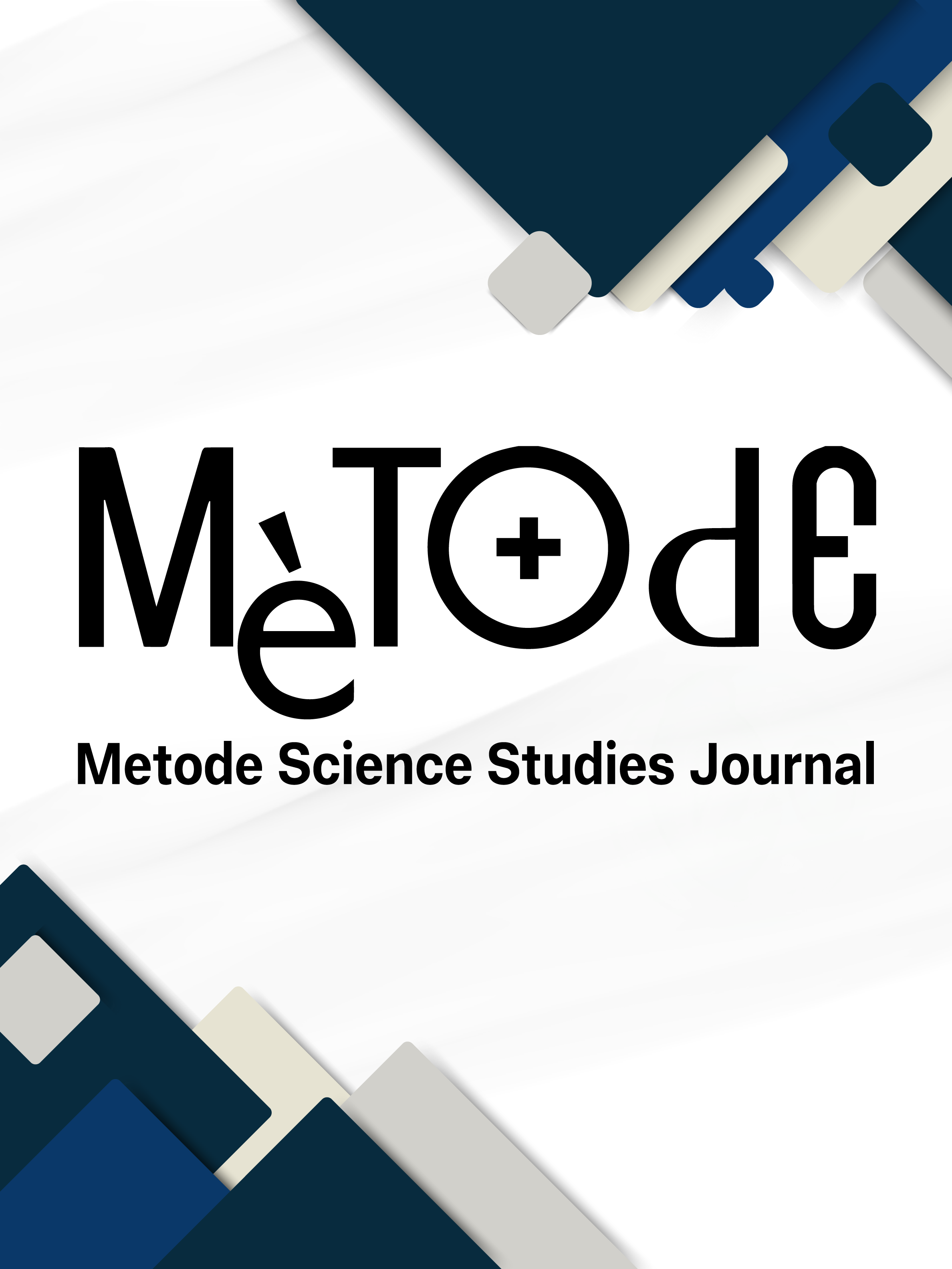Artificial intelligence at the service of the patient: Using ChatGPT to make medical reports easier to understand
DOI:
https://doi.org/10.7203/metode.15.28177Keywords:
artificial intelligence, medical reporting, chatbots, patient understanding, doctor-patient communication Abstract
Abstract
In this article, we explore the potential of artificial intelligence (AI) tools to improve doctor-patient communication, particularly in the reinterpretation of medical reports. We explore the use of chatbots, such as ChatGPT, to adapt and simplify complex medical texts for patients. We highlight the benefits of AI in improving the readability of reports, with a pilot study demonstrating a 19–31% improvement in patient understanding. We also emphasise the need for human oversight, particularly to ensure the accuracy and confidentiality of clinical information. We mention future applications, including multilingual adaptation and tools to support the doctor-patient conversation.
 Downloads
Downloads
 References
References
Agencia Española de Protección de Datos (AEPD). (2020, February). Adecuación al RGPD de tratamientos que incorporan Inteligencia Artificial: Una introducción. https://www.aepd.es/documento/adecuacion-rgpd-ia.pdf
Cowen, L. (2023, 10 February). How artificial intelligence is driving changes in Radiology. Inside in Precision Medicine. https://www.insideprecisionmedicine.com/news-and-features/how-artificial-intelligence-is-driving-changes-in-radiology/
Delàs, J. (Coord.). (2005). Quaderns de la bona praxis. Informes clínics, eines de comunicació. Col·legi Oficial de Metges de Barcelona.[MOU1]
DeSai, C., Janowiak, K., Secheli, B., Phelps, E., McDonald, S., Reed, G., & Blomkalns, A. (2021). Empowering patients: Simplifying discharge instructions. BMJ Open Quality, 10, e001419. https://doi.org/10.1136/bmjoq-2021-001419
Domènech-Bagaria, O., Estopà, R., & Vidal-Sabanés, L. (2020). La comprensió dels informes mèdics. Quaderns de la Fundació Dr. Antoni Esteve, 47, 28–45. https://raco.cat/index.php/QuadernsFDAE/article/view/395940
Dorado-Díaz, P. I., Sampedro-Gómez, J., Vicente-Palacios, V., & Sánchez, P. L. (2019). Aplicaciones de la inteligencia artificial en cardiología: El futuro ya está aquí. Revista Española de Cardiología, 72(12), 1065–1075. https://doi.org/10.1016/j.recesp.2019.05.016
Estopà, R., & Domènech-Bagaria, O. (2019). Diagnóstico del nivel de comprensión de informes médicos dirigidos a pacientes y familias afectados por una enfermedad rara. E-Aesla, 5, 109-118.
Giansanti, D. (2023). The chatbots are invading us: A map point on the evolution, applications, opportunities, and emerging problems in the health domain. Life, 13(5), 1130. https://doi.org/10.3390/life13051130
Gómez González, E. E., Priego Álvarez, H. R., & García, C. de la C. (2023). Empoderamiento y adherencia terapéutica en el adulto mayor: una revisión sistemática. Enfoque, 33(29), 46–63. https://doi.org/10.48204/j.enfoque.v33n29.a3959
Hamet, P., & Tremblay, J. (2017). Artificial intelligence in medicine. Metabolism, 69, S36–S40. https://doi.org/10.1016/j.metabol.2017.01.011
La Fe Hospital (2023, 10 October). La Fe reescribe con inteligencia artificial informes de alta médica para hacerlos más comprensibles [Press release]. http://www.lafe.san.gva.es/ca/home/-/asset_publisher/Gv2P/content/la-fe-reescribe-con-inteligencia-artificial-informes-de-alta-medica-para-hacerlos-mas-comprensibles/maximized
Mediavilla, D. (2023, 13 July). La inteligencia artificial acierta como médicos de élite en algunas cuestiones de salud. El País. https://elpais.com/salud-y-bienestar/2023-07-13/la-inteligencia-artificial-acierta-como-medicos-de-elite-en-algunas-cuestiones-de-salud.html
Navarro, F. A. (2022, 21 December). Inteligencia artificial lingüística (y II): Comunicación médico-paciente a través de ChatGPT. Diario Médico. https://www.diariomedico.com/opinion/fernando-navarro/inteligencia-artificial-linguistica-y-ii-comunicacion-medico-paciente-traves-de-chatgpt.html
Pekonen, A., Eloranta, S., Stolt, M., Virolainen, P., & Leino-Kilpi, H. (2020). Measuring patient empowerment – A systematic review. Patient Education and Counseling, 103(4), 777–787. https://doi.org/10.1016/j.pec.2019.10.019
Singhal, K., Tu, T., Gottweis, J.. Sayres, R., Wulczyn, E., Hou, L., Clark, K., Pfohl, S., Cole-Lewis, H., Neal, D., Schaekermann, M., Wang, A., Amin, M., Lachgar, S., Mansfield, P., Prakash, S., Green, B., Dominowska, E., Aguera y Arcas, B., ... Natarajan, V. (2023). Towards expert-level medical question answering with large language models. https://arxiv.org/pdf/2305.09617.pdf
Toledo-Chávarri, A., Abt-Sacks, A., Orrego, C., & Perestelo-Pérez, L. (2016). El papel de la comunicación escrita en el empoderamiento en salud: Un estudio cualitativo. Panace@, 17(44), 115–122
Additional Files
Published
How to Cite
-
Abstract244
-
(Español)18
Issue
Section
License
![]()
All the documents in the OJS platform are open access and property of their respective authors.
Authors publishing in the journal agree to the following terms:
- Authors keep the rights and guarantee Metode Science Studies Journal the right to be the first publication of the document, licensed under a Creative Commons Attribution-NonCommercial-NoDerivatives 4.0 International License that allows others to share the work with an acknowledgement of authorship and publication in the journal.
- Authors are allowed and encouraged to spread their work through electronic means using personal or institutional websites (institutional open archives, personal websites or professional and academic networks profiles) once the text has been published.





